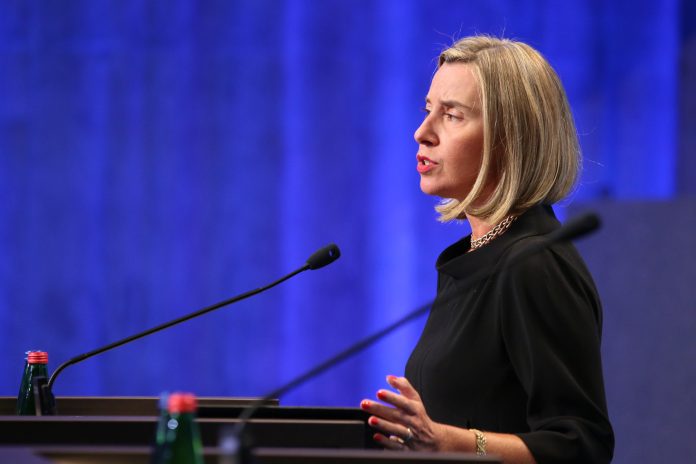The European Union on March 12 announced a six-month extension of sanctions against Russia, imposed over the annexation of Crimea and supporting rebels in eastern Ukraine.
The sanctions, including travel restrictions and asset freezes against 150 people and 38 companies, would be extended until September 15, the European Council said.
“An assessment of the situation did not justify a change in the sanctions regime,” the Council said in a statement.
As reported by the Reuters news agency, Russia has said it will not return the region after annexing Crimea in 2014, in a move that has not been recognised internationally.
The EU and other Western countries say Russia has also been providing a lifeline to separatists in eastern Ukraine, where a conflict has killed more than 10,000 people since 2014.
In a separate report, Euronews online quoted the EU’s foreign policy chief Federica Mogherini as saying that there was “no fatigue” on the part of the EU towards Ukraine, as demonstrated by its extension of sanctions on Russia and financial aid for Kiev.
“The European Union is Ukraine’s partner and strongest supporter in striving to build a stable, prosperous democracy and economy,” Mogherini said on a visit to Kiev.
“There is no fatigue in our support for Ukraine, also because we have seen results,” Mogherini said at a press briefing with Ukrainian President Petro Poroshenko.
However, she also urged authorities to do more to fight corruption.
The EU aims to disburse the first tranche of a new assistance package worth €1bn to Ukraine before the end of the year, but the conditions of that aid are yet to be discussed, she said.

